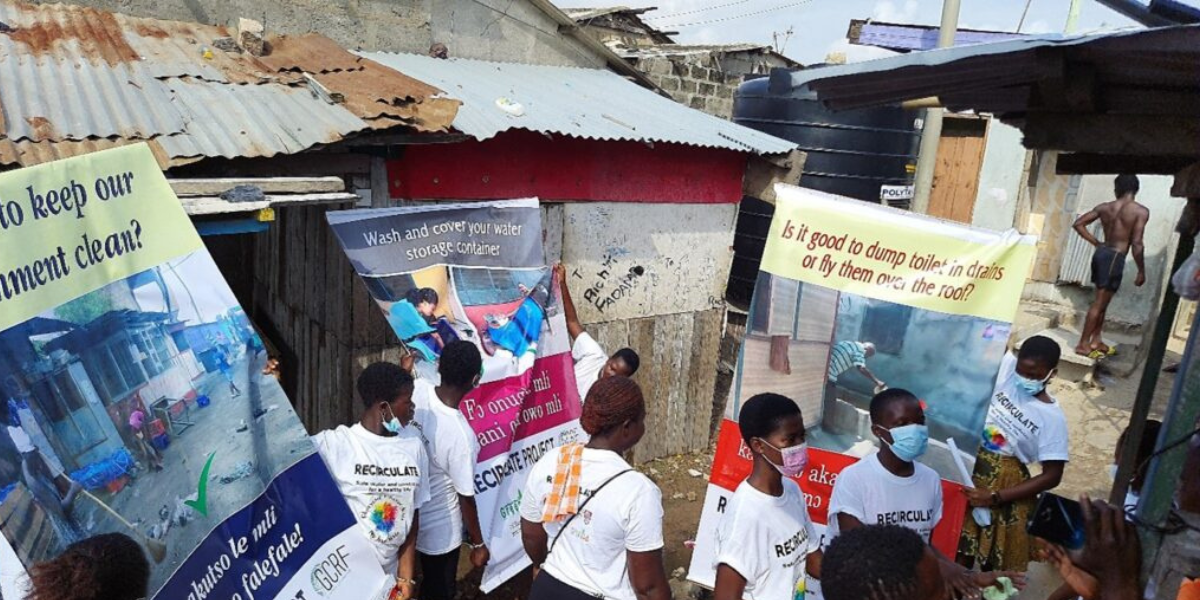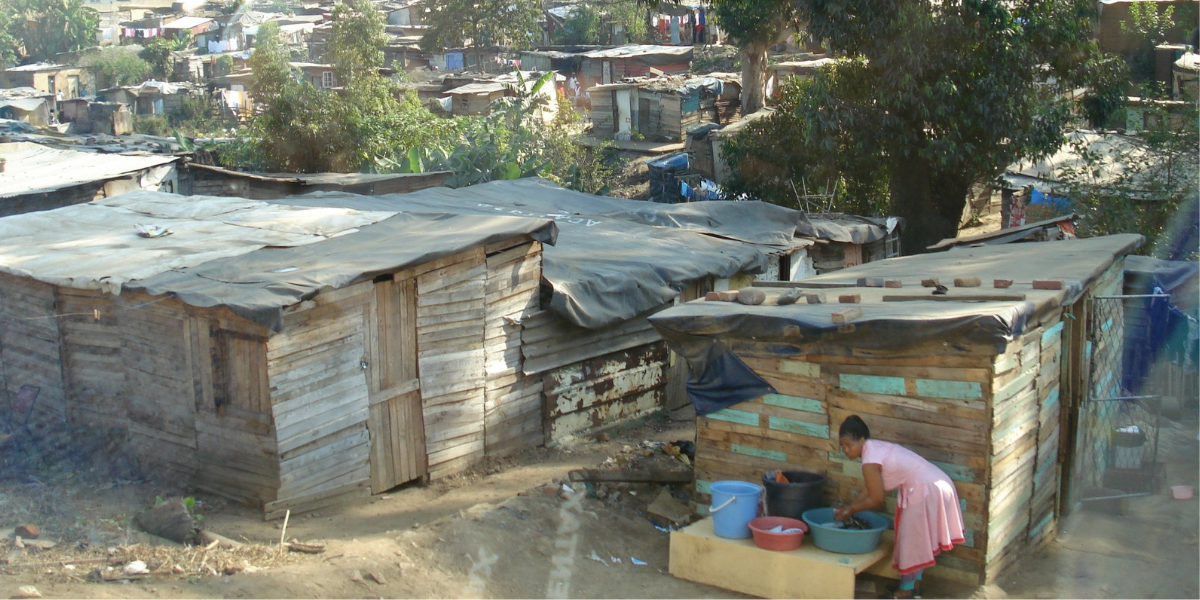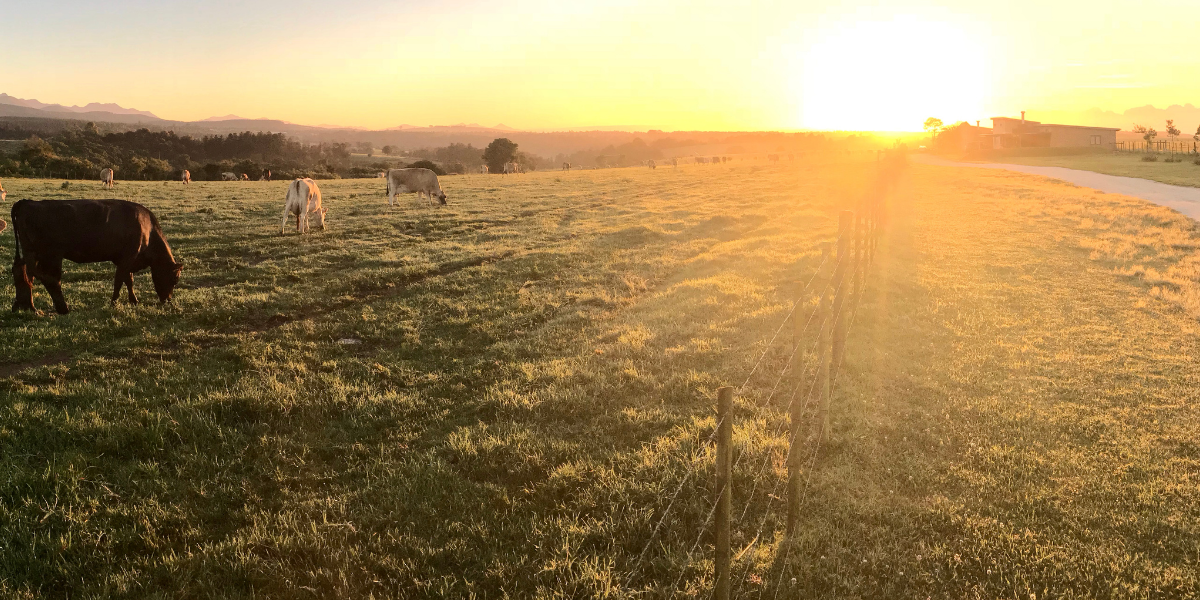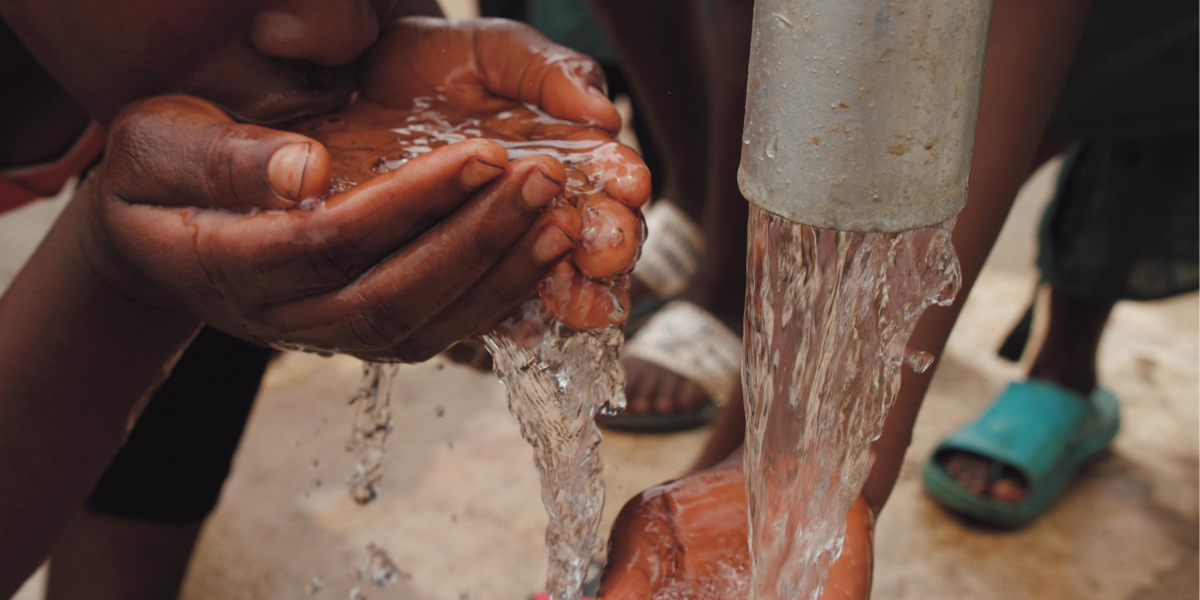
A central concern of the RECIRCULATE Water for Sanitation and Health Work Package (WP2) is how best to reduce faecal contamination of drinking water. To determine whether water is contaminated, Research and Technical Officers from the Water Research Institute (CSIR-WRI), which is part of Ghana’s Council for Scientific and Industrial Research, conduct tests of the water routinely as part of an extensively managed strategy.
A focus on uncontrolled faecal waste was derived from our scoping study which showed that it was the most problematic form of contamination and impacted human health. The initial study also informed us that there are at least four different sources of water that people access, including water from the municipality, boreholes and ‘sachet water’. This meant that we needed to measure faecal coliforms not just in municipal water, but in the other types of water too. We also explored where contamination of the water was happening during the scoping study and found that the municipal water was relatively safe until it reached the community where it was getting contaminated.
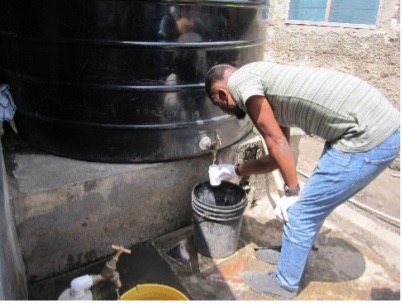
Collecting a water sample from a polytank.
In September 2020, baseline samples of the water quality were taken from the two communities which were carefully chosen based on a number of parameters. The baseline assessment , called a major campaign involved a phase of representative sampling, immediately followed by detailed sampling. For the representative sampling the quality of the water was tested at all the water points across each of the settlements. A sub-set of these water points, specifically the water points that were used by the most people, were selected for the detailed sampling, along with a proportion of households that used each of the selected water points.
This sampling has been repeated at pre-described intervals throughout the project. As of January 2022, two major sampling campaigns have been conducted. A third and final major sampling campaign is scheduled for February/March 2022. These are complemented with two intermediate campaigns which involve the detailed sampling process. By periodically testing the quality of the water we hope to see whether the interventions that we have been piloting in the study area have impacted on the quality of the drinking water.
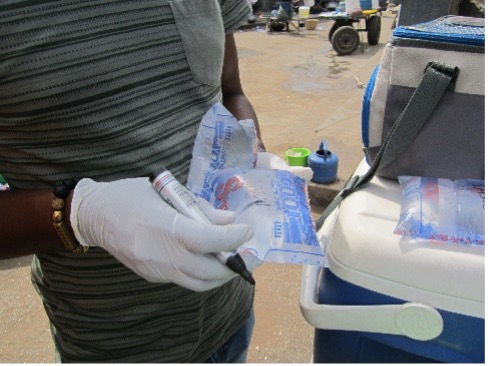
Taking a sample of sachet water.
To help us understand where water might be getting contaminated, we are measuring water quality at five stages of the water journey. By the water journey, we mean the journey that the water goes on before it reaches people’s homes. The first stage of the water journey is the water treatment facility at Ghana Water Company Limited and/or booster stations. Next, the water is sampled at the feeder line just before it enters the community: water journey stage two. We are especially interested in what’s called the ‘last 100 metres’, whereby water can be contaminated between being collected at the community standpipe and being consumed in the home. The ‘last 100 metres’ covers water journey stages three to five; the standpipe (stage 3), storage of water in polytanks (stage 4), and water stored in containers at the household level (stage 5). We test the quality of the sachet water at water journey stage five too.
Analysis of these water samples is performed at CSIR-WRI’s laboratory. The analysis includes testing for indicators of faecal pollution among others. Through this process, we can begin to answer the question of ‘How clean is that drinking water?’
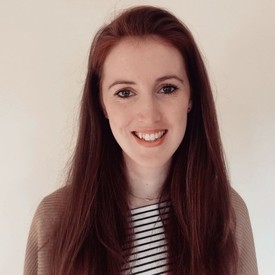 |
Ms Ella Foggitt is a research associate within the RECIRCULATE “Water for Health & Sanitation” Work Package 2 team based at Lancaster University. Ella is currently completing her PhD thesis on the role of community participation in improving environmental sanitation in low-income, high-density urban areas. She has a master’s degree in Water, Sanitation and Health Engineering from the University of Leeds, UK and a BA in International Development and International Relations from the University of Leeds, UK and University of Ghana, Ghana. As part of her master’s research, she studied toilet use behaviours in Kumasi, Ghana. |
 |
Dr Manoj Roy is a co-lead of the RECIRCULATE Work Package 2 “Water for Health & Sanitation”. He specialises on poverty analysis through inter-disciplinary methods combining technical with social and political analyses. He teaches urban sustainability at Lancaster Environment Centre, Lancaster University. |
 |
Prof. Roger Pickup is currently the Chair of Biomedicine and Life Sciences in the Division of Biomedicine and Life Sciences at Lancaster University. His research interests are in environmental microbiology/molecular ecology with an interest in how the environment, with a particular focus on water, delivers microbial pathogens to human populations and their impact on human health. He is co-lead on RECIRCULATE Work Package 2 and leads RECIRCULATE Work Package 5 and is a co-investigator on ACTUATE. |
 |
Dr Richard Bayitse is a Senior Research Scientist with over 25 year of working experience and the former Head of Sanitation and Environmental Management Division of CSIR-Institute of Industrial Research. He specializes in Enzymatic hydrolysis and fermentation for ethanol and amino acids, biogas production, wastewater treatment and analysis, environmental quality analysis and management, enzymatic hydrolysis and fermentation process optimization, environmental characteristic mapping using unmanned aerial vehicles. He is a technical expert for Environmental Protection Agency (EPA) and Ghana Standard Authority (GSA) in Ghana and an expert Scientist for EU Commission. |
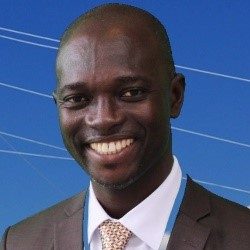 |
Mr Mark Akrong is a Senior Research Scientist with the Environmental Biology and Health Division (Microbiology Section) of the Council for Scientific and Industrial Research – Water Research Institute (CSIR-WRI) in Ghana. He is a Microbiologist with ten years of experience. He obtained his Bachelor’s degree in Biological Science at the Kwame Nkrumah University of Science and Technology in Kumasi, Ghana, MPhil degree in Environmental Science at the University of Ghana and currently a PhD candidate at the Kwame Nkrumah University of Science and Technology, Ghana. Mr. Akrong is part of the research team on the WP2 (Water for Sanitation and Health) of the RECIRCULATE project. |
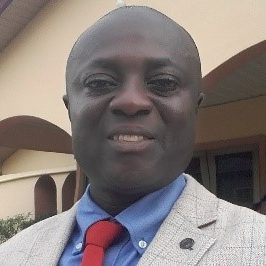 |
Dr Kwadwo Ansong Asante is currently a Principal Research Scientist with the CSIR Water Research Institute (CSIR-WRI) in Ghana and a Visiting Researcher at the Lancaster University, UK. He is a Chemist/Ecotoxicologist and has been with the Institute since 1994. He obtained his B.Sc. (Hons) degree in Chemistry from the Kwame Nkrumah University of Science and Technology (Ghana), M.Sc. in Environmental Chemistry and Ecotoxicology from Ehime University (Japan) and a Doctor of Science (D.Sc.) degree in Environmental Chemistry also from Ehime University (Japan). Dr. Asante co-ordinates the RECIRCULATE activities (Both Workpackage 2 and Workpackage 3) at the CSIR-WRI. |
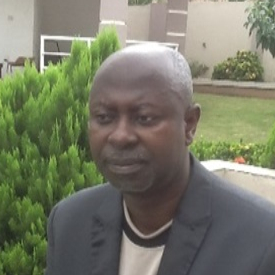 |
Dr Anthony Yaw Karikari is a Research Scientist with the CSIR Water Research Institute (CSIR-WRI) in Ghana and a Visiting Researcher at the Lancaster University, UK. He is a Environmental Chemist with a PhD. in Water Quality, Aquaculture & Environment. He specialises in water quality assessments of surface water, groundwater, lakes etc. He is also involved in water pollution studies and the study of coastal environments. |
